BEACH OF THE WAR GODS (1973)
Famous swordsman Hsia Feng gathers five other fighters and rallies the local fishermen to fight off a band of Japanese pirates.
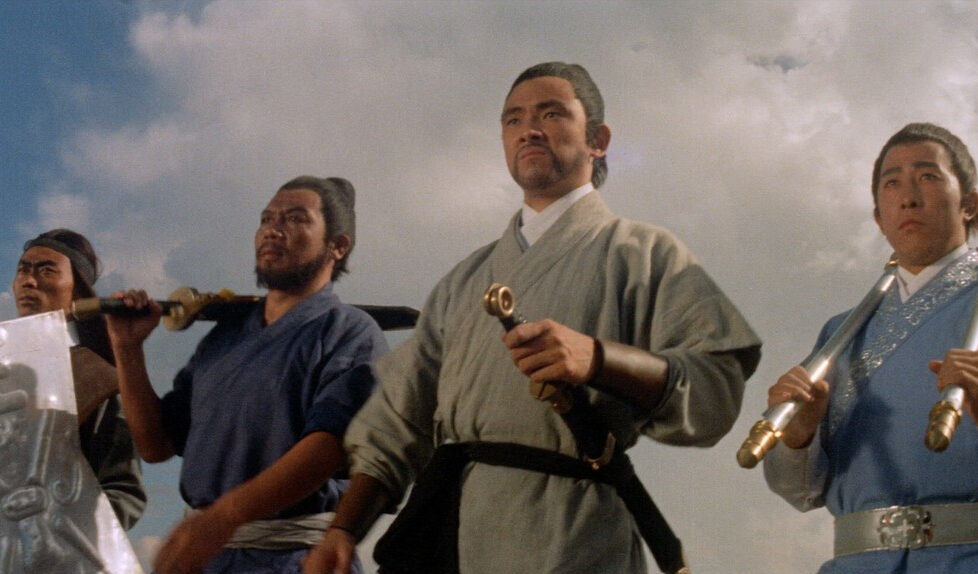
Famous swordsman Hsia Feng gathers five other fighters and rallies the local fishermen to fight off a band of Japanese pirates.


Beach of the War Gods / Zhan shen tan is a great example of what Golden Harvest was doing in the 1970s: spectacular action movies with amazing martial arts fight choreography. The legendary production company was set-up by Raymond Chow and Leonard Ho, both renegades from the seminal Shaw Brothers Studios where they helped establish the martial arts genre in Chinese cinema. Shaw Brothers Studios dominated the domestic box office throughout the 1960s and 1970s and forged a fresh foreign market for kung fu films. Chow and Ho wanted to build on this while freeing themselves of the restrictive studio systems and, in 1970, they founded Golden Harvest in Hong Kong.
They offered lucrative production deals and attractive fees to court new, independent talent and lure some stalwarts away from Shaw Brothers. Just one year after forming, Golden Harvest signed-up a martial arts champion by the name of Bruce Lee, who starred in The Big Boss (1971), the first of four films that would consolidate their success and make kung fu a global craze. By the mid-’70s, to borrow a lyric from Carl Douglas, everybody really was kung fu fighting.
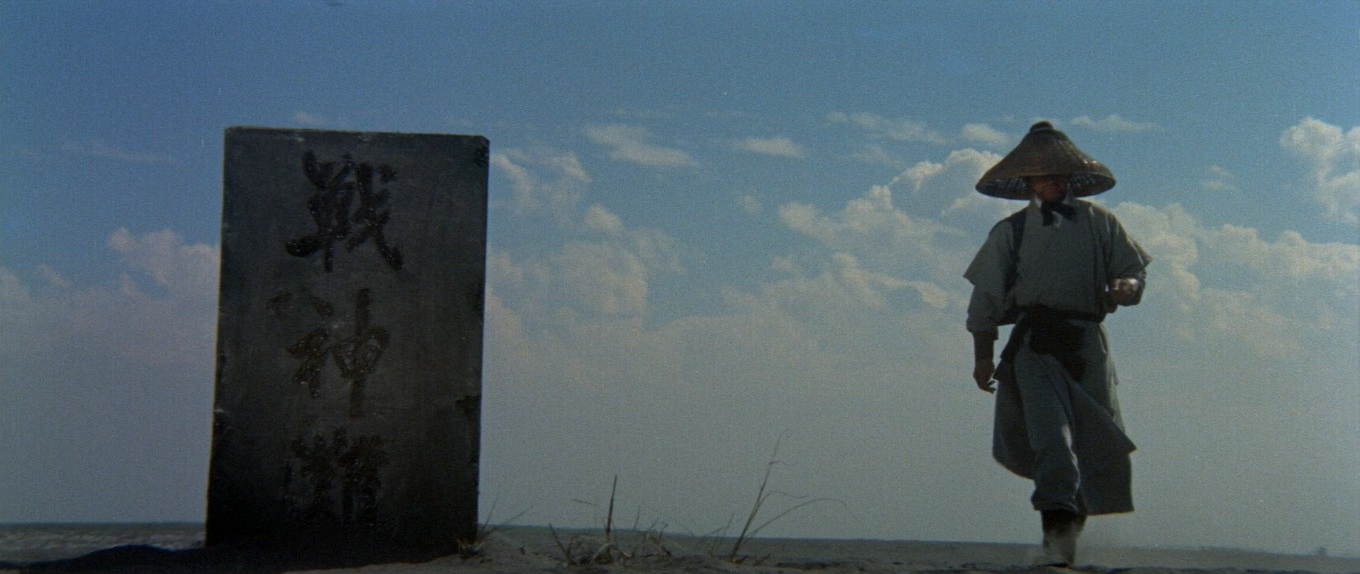
Beach of the War Gods is a remarkable showcase of kung fu prowess and showy skills with novel weaponry, relying on stunning old-school stunt work. Once the action kicks-in, it’s non-stop as fight scenes escalate exponentially from one versus a few to several verses a multitude. The final battle involves hundreds of people—reputedly the film called upon 3,500 extras—who pretty much all add to the already impressive body count. If that’s all you want from a movie, then it’s sure to please.
The story unfolds during the Jiajing Wokou raids of the mid-16th-century, when Japanese led pirates and raiding parties repeatedly attacked China’s coastal towns and settlements. Though this is certainly a period piece, there are a few anachronisms, and one must bear in mind that most of those involved in the production were born before or during the Japanese occupation that began in the 1930s and concluded with the defeat of Imperial Japan at the close of World War II. So, although the story takes place in feudal China, it intentionally parallels the events of the 20th-century. Thus, the sporadic raids of pirates are presented as a concerted invasion by the Japanese. Historically, the Wokou raiders were a mixed bunch that included Portuguese soldiers and plenty of Chinese pirates too. The anti-Japanese rhetoric is almost propagandist in its intensity. For China, pre-war Japan is often used in the same narrative terms as Nazi Germany in European and American cinema: instant villains.
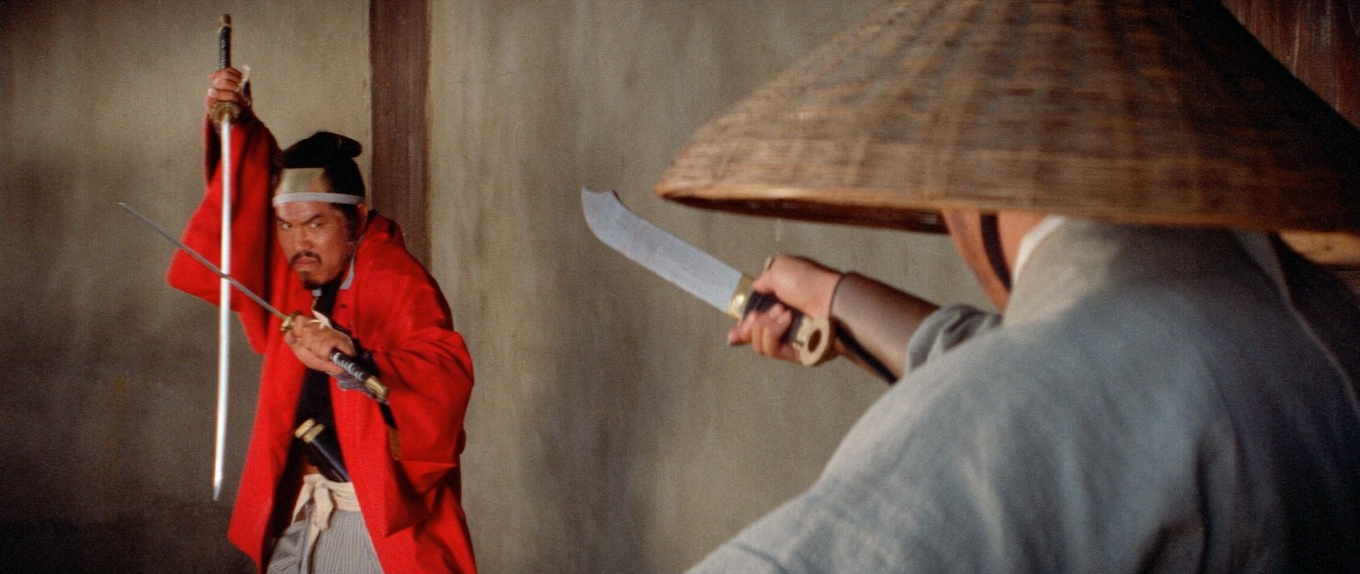
After lingering shots of turbulent waters breaking around rugged rocks, the film opens with a wide panorama of a barren landscape as a tiny figure approaches from the distance. It could easily be mistaken for the desert of a spaghetti western, but as the man nears we see that, instead of a Stetson, the hat he wears is the distinctive Asian dǒulì ‘sedge-hat’, and when he pauses to read the inscription on a simple way-marker we learn this is no dry desert but the ‘Beach of the War Gods’. He walks on and we only get to glimpse his face as he lifts his eyes to read another sign above the ‘Hou Zhen Gate’.
Martial arts film fans will surely recognise Jimmy Wang Yu who’d already starred in more than 40 action movies. Starting out as a stunt man, Wang Yu became one of China’s top martial arts stars known for roles such as The One-Armed Swordsman (1967), Zatoichi and the One-Armed Swordsman (1971), and The One-Armed Boxer (1972). Think of him as Hong Kong’s more agile answer to John Wayne. Here, he’s got both hands full, stepping-up as writer-director, under the guidance of producer Raymond Chow.
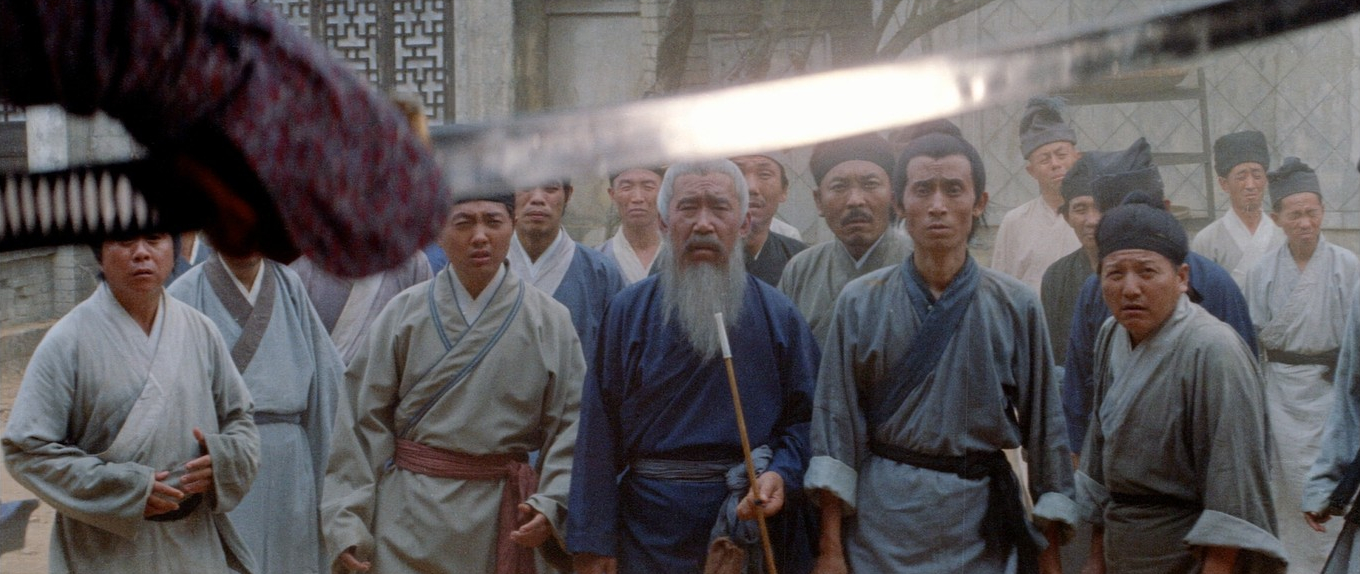
The small town through the gate looks overgrown and run-down and when he stops for a bowl of noodles at the tavern, he learns from the keeper that his destination of Hangzhou has been occupied by the Japanese. Right on cue, an advanced party of just eight soldiers, under the supervision of a single samurai arrive, with an ultimatum for the townsfolk to either pay 10,000 taels of silver by the time their army arrives, or everyone will be executed.
The villagers try reasoning with the raiders, explaining that anyone who could afford to travel had already fled the area and there’s no way those remaining could raise anywhere near enough silver. The Japanese soldiers are pleased to learn that the town’s population is depleted. A small group among the cowed townsfolk decide they may as well die fighting these few, while there’s a chance of taking them down with them, rather than wait and be surely put to death. Of course, bravado is no defence, and just as one of the Japanese soldiers is about to deal the fatal sword stroke he drops dead due to a chopstick to the head. The wandering stranger stands at the doorway of the tavern nonchalantly scratching his nose with a single chopstick… there then ensues an impressive display of sword-wielding as he uses two blades and efficiently works his way through the raiders until only the samurai remains standing, who unceremoniously legs it.
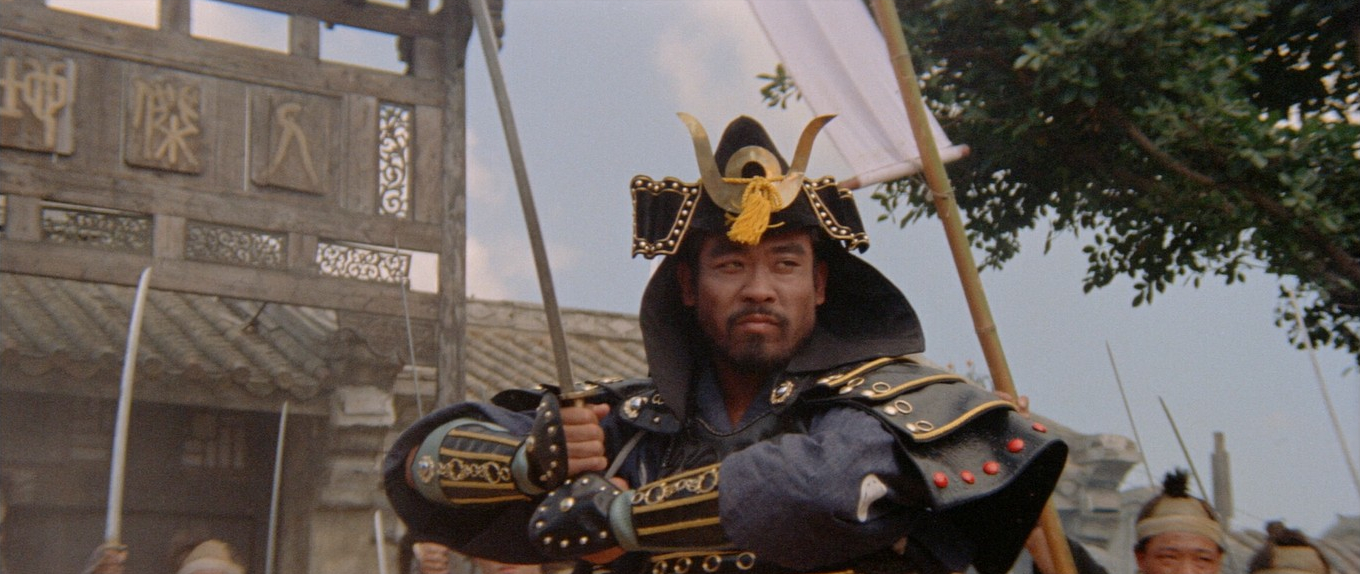
Now we get a bit of backstory and learn that the stranger, Xiao, is the nephew of the governor of Hangzhou and, certain in the knowledge that his uncle will have already been executed by the ruthless Japanese, decides to stay and help the townsfolk make a stand against the invaders. At this point we realise we’re watching a loose remake of John Sturges’ The Magnificent Seven (1960), which in turn was a reworking of Akira Kurosawa’s Seven Samurai (1954).
Xiao leaves the townsfolk to make preparations according to his plans, setting out to recruit the required ragtag band of warlords, mercenaries, ruffians, and ne’er-do-wells. First is Iron Bull Chow (Hsieh Han) a blacksmith and maker of superior swords who relishes the chance to test his metal killing the Japanese. As he and Xiao discuss their next move in a tavern, they witness a skirmish between a gang of hoodlums and a single knife-throwing, ninja-style warrior named Leng (Yeh Tien) who declines their invitation explaining he only fights for himself or for money. The scene is a fast and furious action set-piece contained within the tavern and, for me, the best part was glimpsing the lovely scenic painting through the windows of Chinese rooftops and distant mountains. Leng makes his exit with an ostentatious leap through one of these windows in classic assassin’s style. One gets the feeling he’ll reconsider and make a dramatic return later…
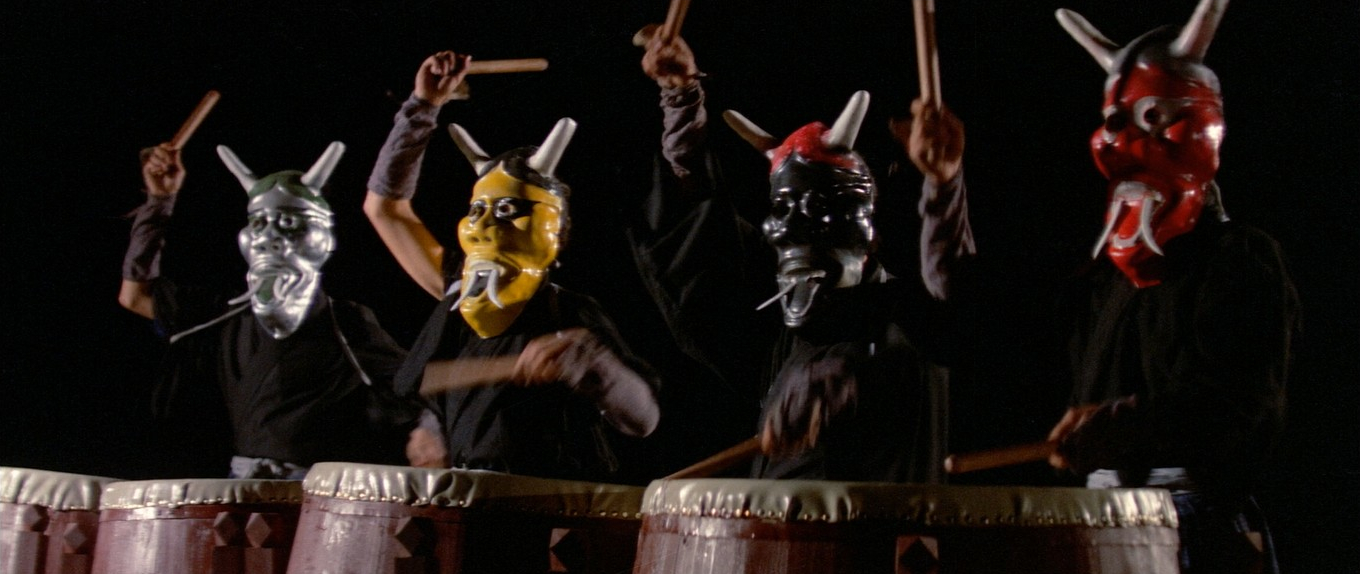
Next, Xiao intervenes at a stand-off between two rival warlords, one who favours the spear and one that has an unusual combat style using two heavy steel shields with deadly edges. They are easily convinced to forget their differences and join forces to repel the Japanese and so this ‘magnificent four’ return to the beleaguered town and prepare the final stages of their defence. This involves booby-trap bamboo ‘pipe bombs’ on the beach, topped with effigies designed to lampoon and distract the arrogant Hashimoto (Fei Lung) who they learn is on the way with his army. Hashimoto is a feared and revered legendary samurai general known to be unmatched as a swordsman and from here on, it’s not hard to guess how things will play out for the remaining hour. I wonder if there will be a long and bloody battle before a final, high-stakes showdown between Xiao and Hashimoto?
Once the ‘avengers’ have assembled, about 40-minutes in, the film sheds any semblance of story and just goes for stunning fight scenes. Here, the experience of the seasoned martial arts cast is left to shine and the incredibly complicated fight choreography manages to remain understandable as the townsfolk pull various ambushes, decoys, and clever tricks out of the bag in quick succession, whittling down the numbers of their attackers. It must be conceded that, for a film with such clear pro-Chinese bias, the samurai are shown to be realistically formidable when it comes to combat and when Hashimoto enters the fray, things really escalate.
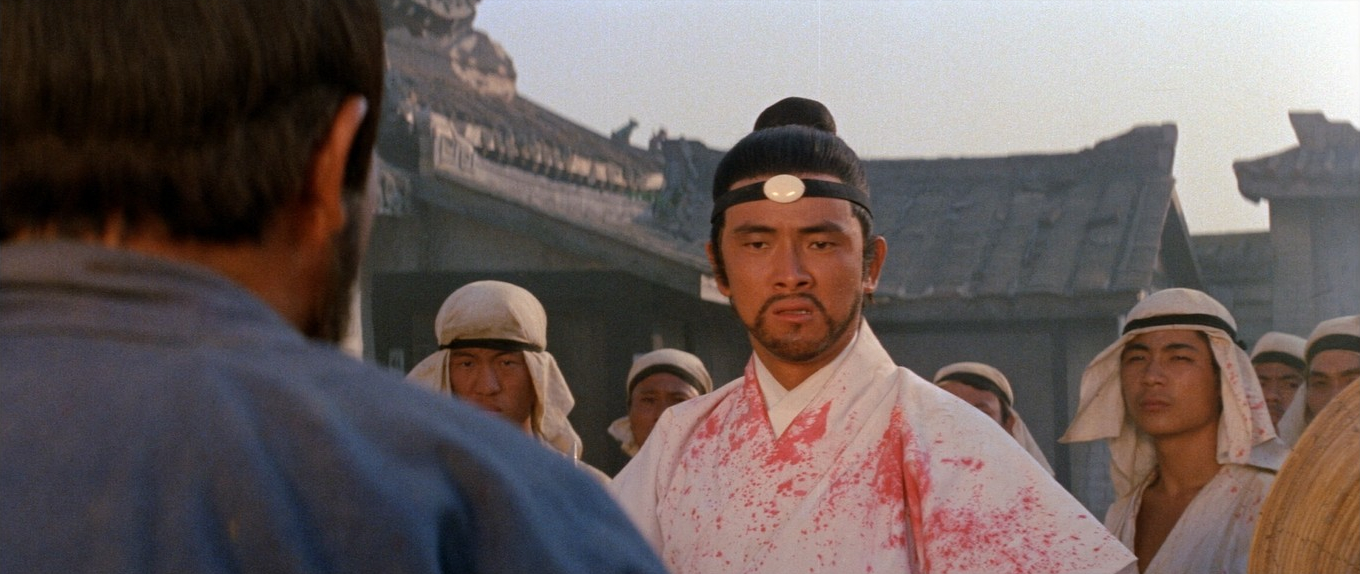
Beach of the War Gods is a visual treat and there’s something exciting about old-school physical stunt work. I didn’t spot any wires, although there’s obvious use of trampolines to aid the superhuman acrobatics. Apart from that, it’s like watching a martial arts exhibition tournament and kung fu fans will enjoy spotting and discussing the different moves and weapons on show.
Normally, I’d comment on the female lead in a movie, but that’s conspicuous by its absence. There are literally no women to be seen. You’d be hard-pressed to spot even one in the background even during the establishing shots of the townsfolk. I think there was someone holding a child in the shadows during the first fight scene. I couldn’t be sure it was a woman but the whole film is so macho I doubt a man would be shown holding a baby or showing any tenderness, unless it’s toward a fallen comrade. It’s a film for made by men for other manly men.
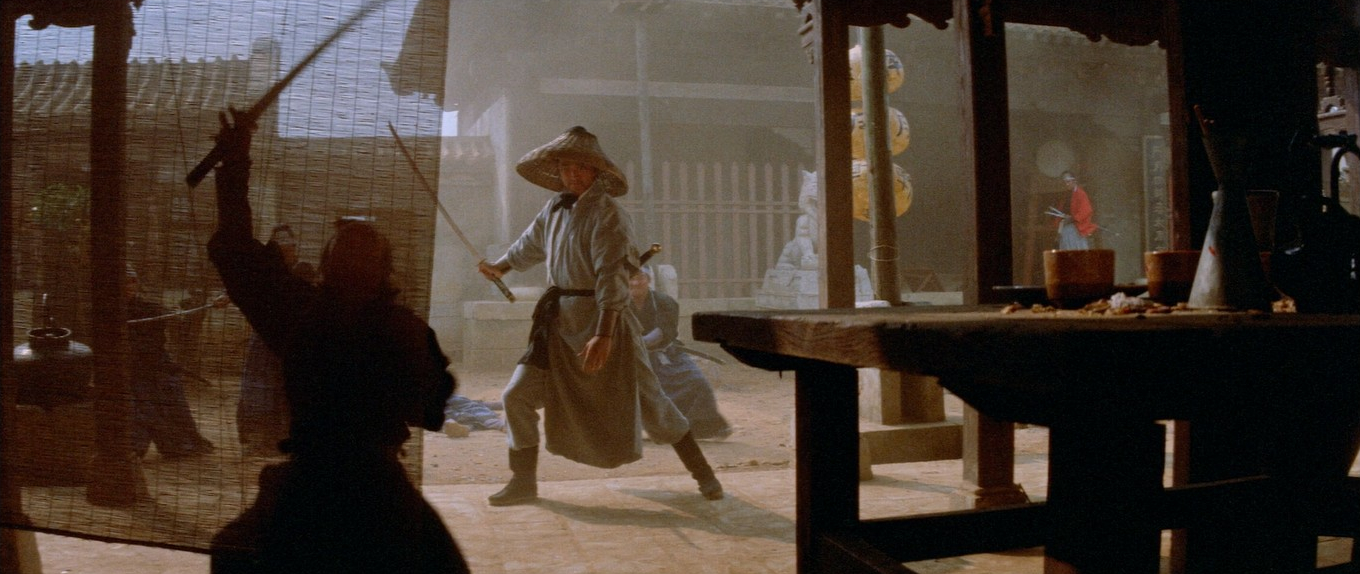
One strong point that deserves a shout-out is the score by prolific composer Mou-Shan Huang who manages to use traditional Chinese instruments yet channel the mood of a spaghetti western when it counts. This was relatively early in his career with just fifteen films under his belt. He’d go on to compose music for another 350 features or more.
For the most part, Yao-Hu Chiu’s cinematography holds up and looks beautiful in this brand new, 2K restoration from Eureka Entertainment, though there are some errors in focus-pulling and, here and there, a little distortion caused by the wide-angle lenses. Another downside to the reclaimed clarity is that hair-pieces, bald-caps, and false beards are too easy to spot.
Jimmy Wang Yu, who sadly died in 2022, was nearing the mid-point of a long and successful career that spanned six decades. Beach of the War Gods was his fourth time in the director’s chair, and he would take the helm for another eight productions during the 1970s. Here, his direction is solid throughout, with plenty of inventive angles, zooms, and camera swings used to keep every shot interesting and dynamic. Though I think he left much of the straightforward scenes to his assistants, concentrating on the fight scenes that involved him—which is pretty much all of them.
HONG KONG • TAIWAN | 1973 | 101 MINUTES | 2.35:1 | COLOUR | MANDARIN

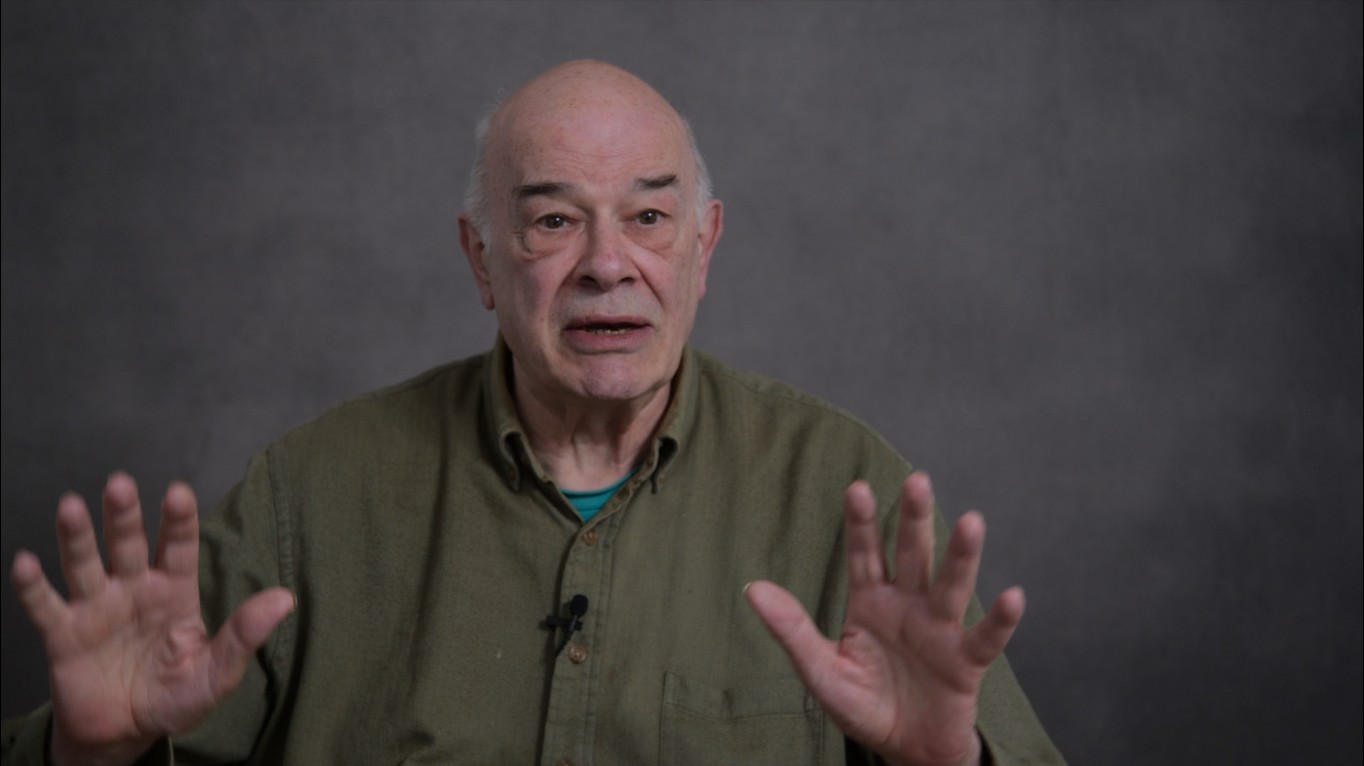
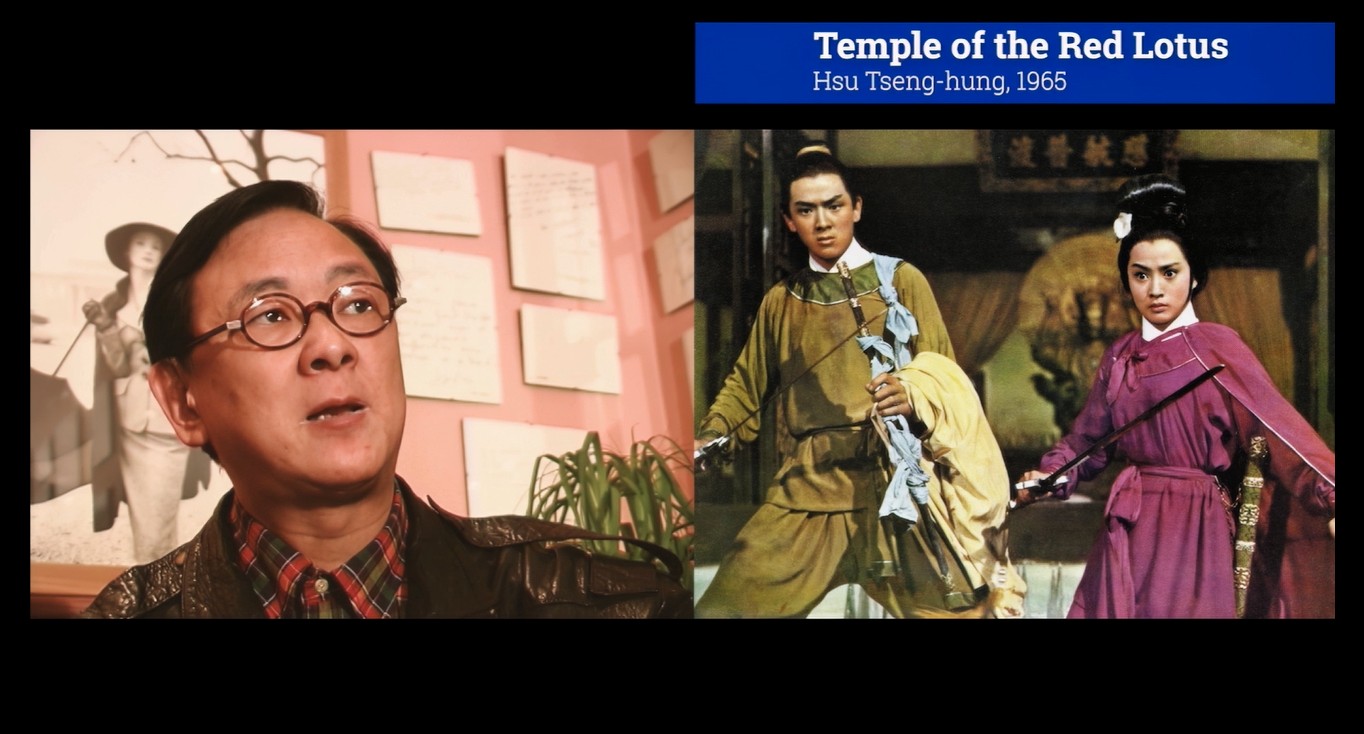
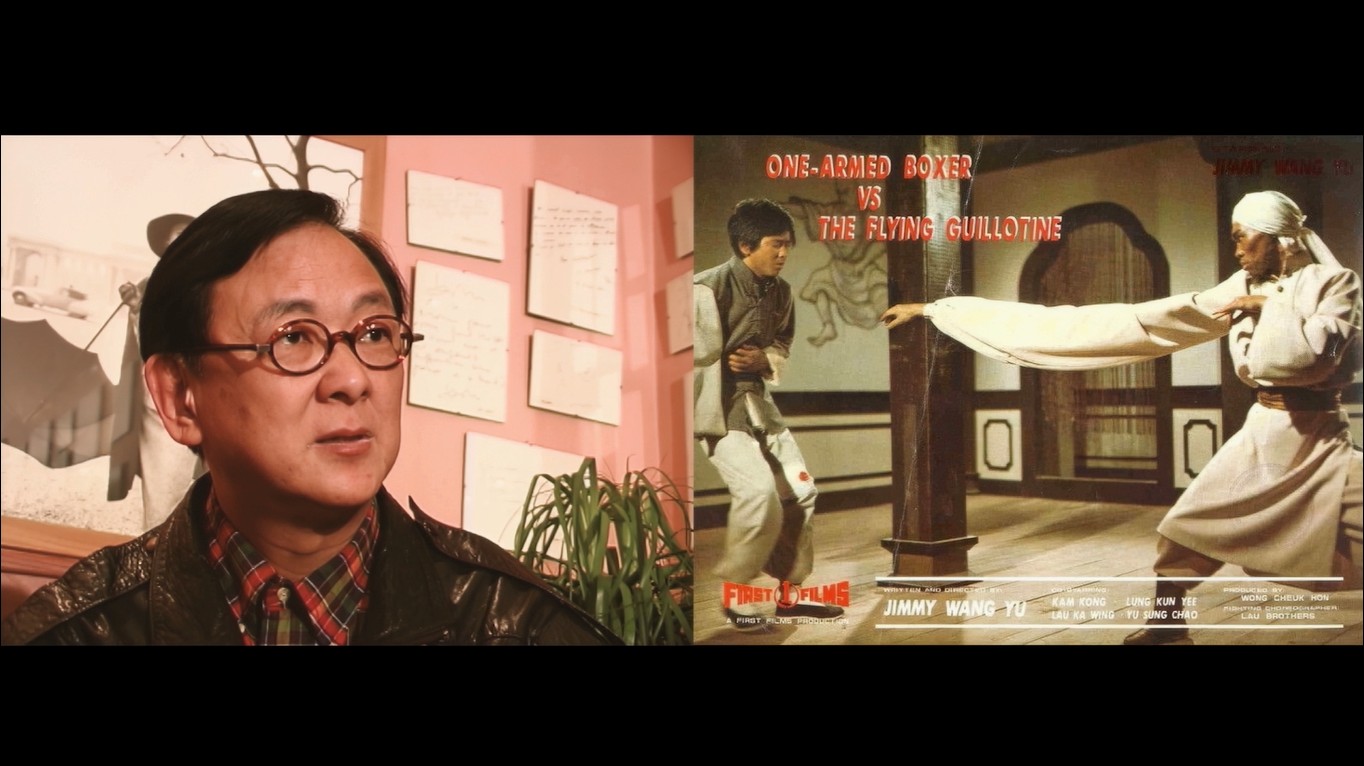
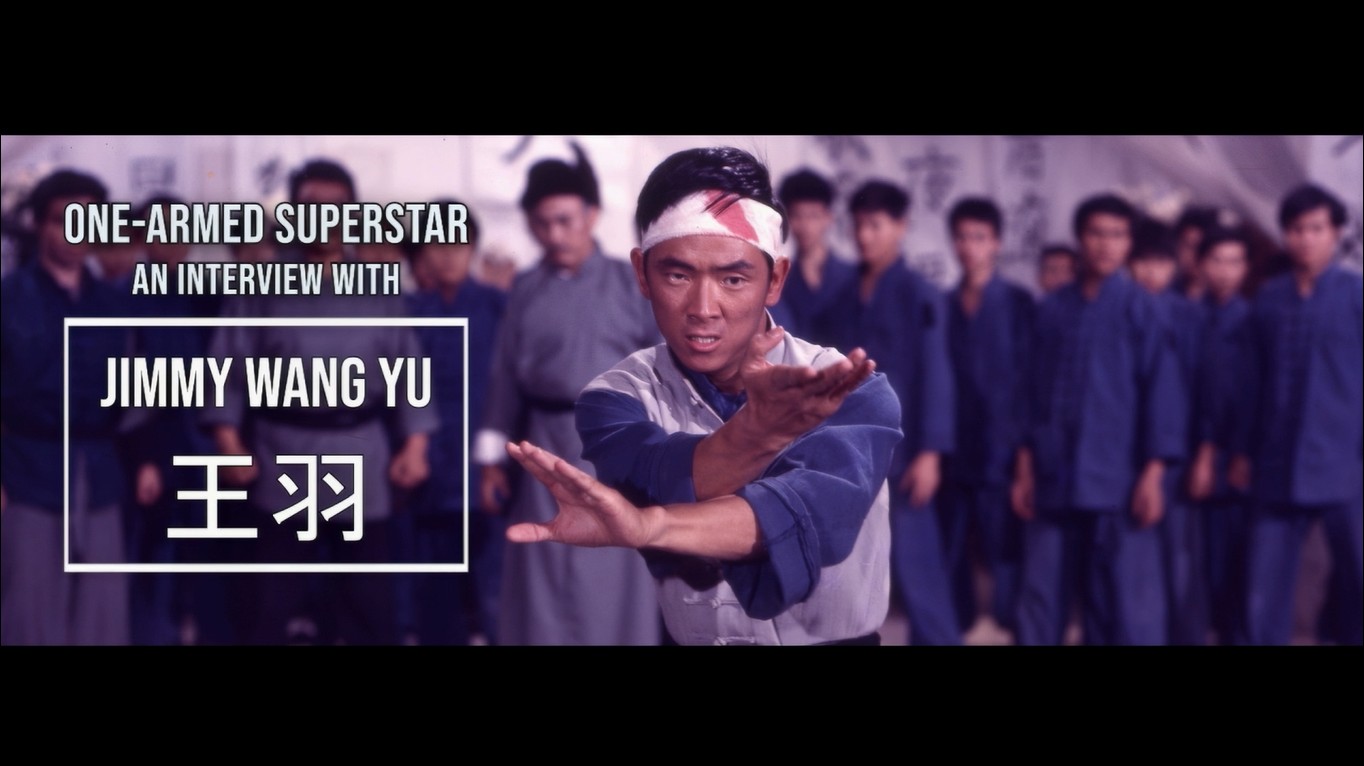
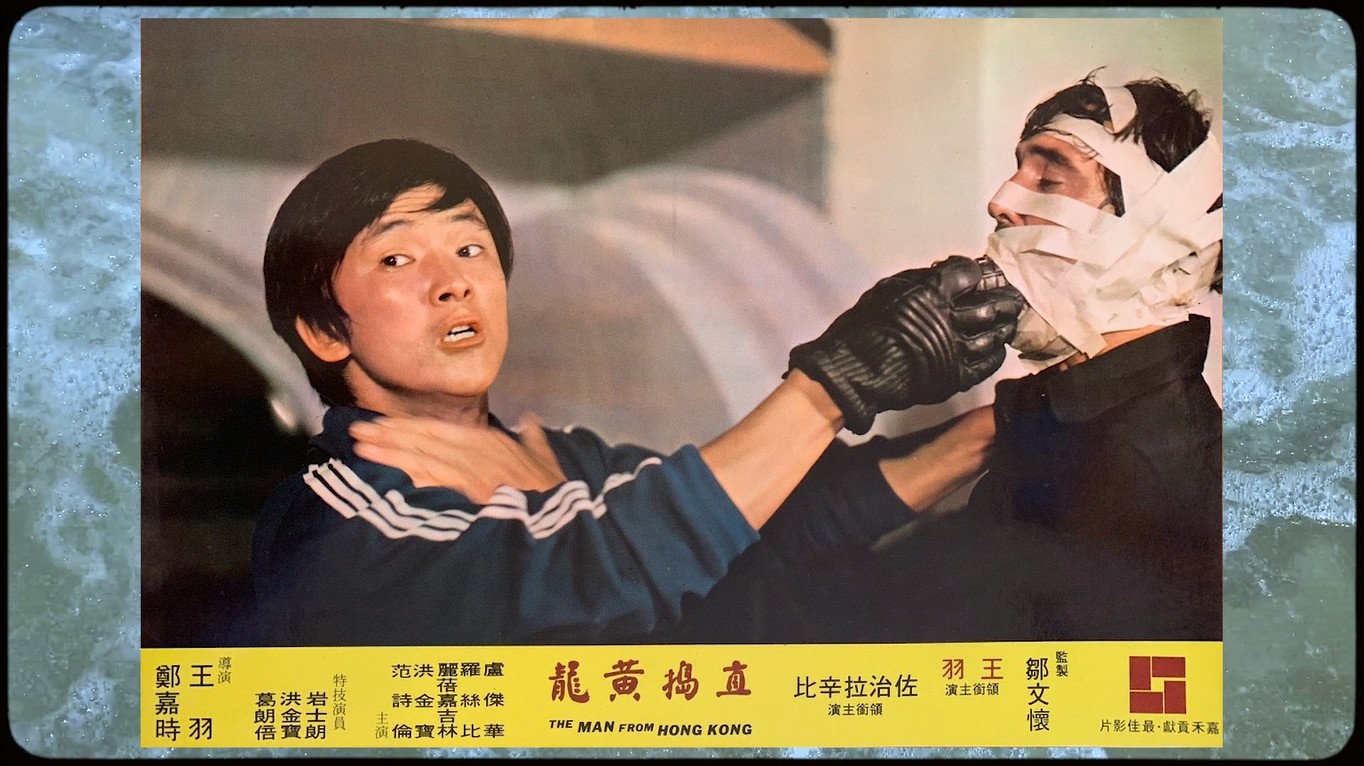
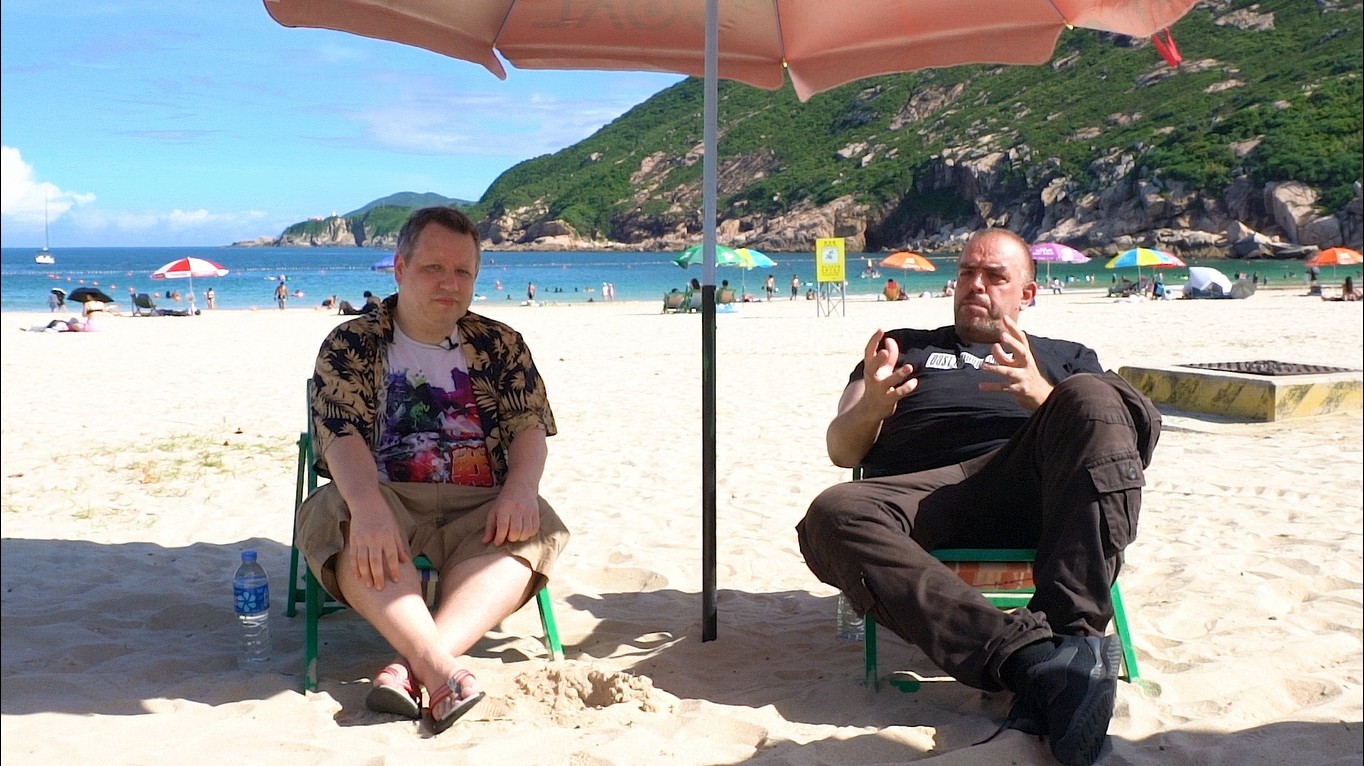

writer & director: Jimmy Wang Yu.
starring: Jimmy Wang Yu, Fei Lung, Yeh Tien, Han Hsieh, Yi-Kuei Chang, Hung Kuan.
